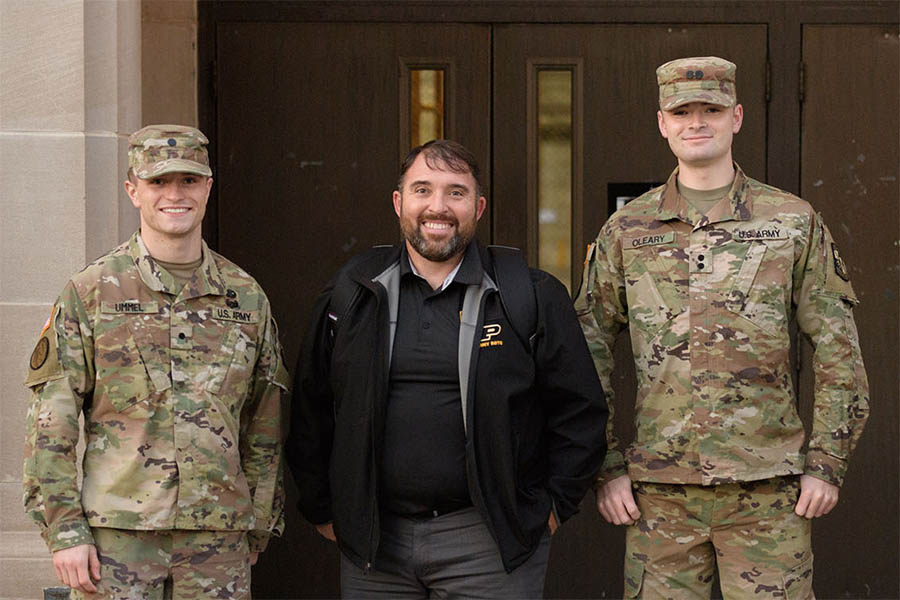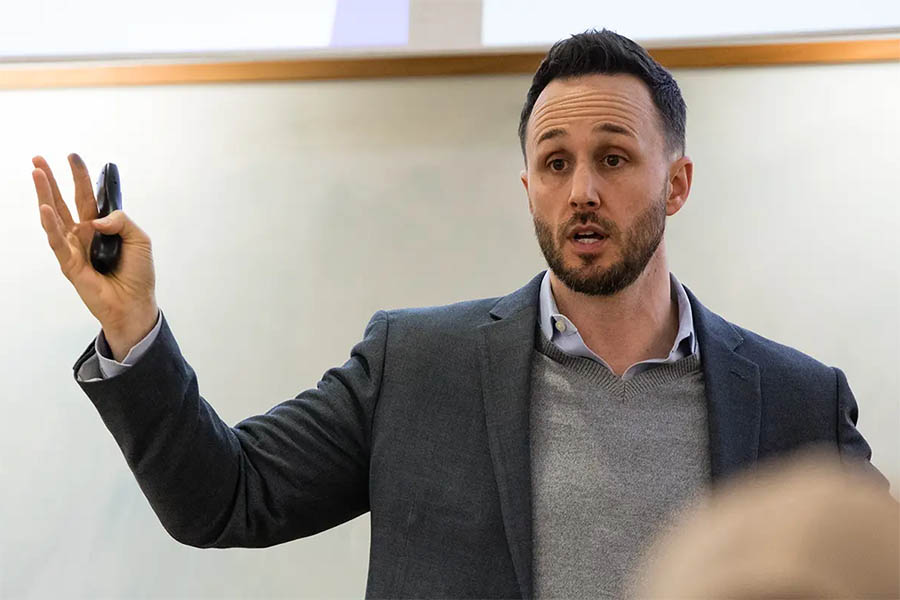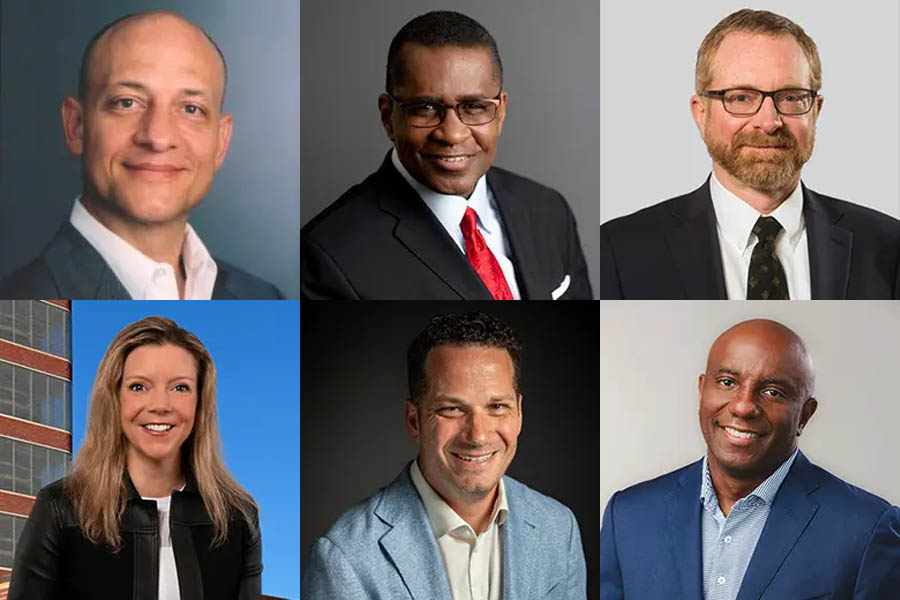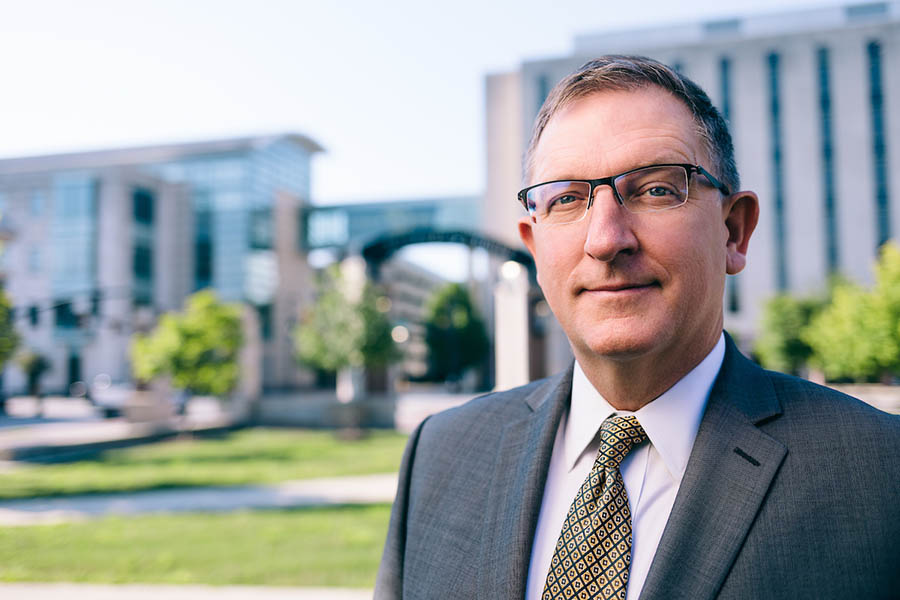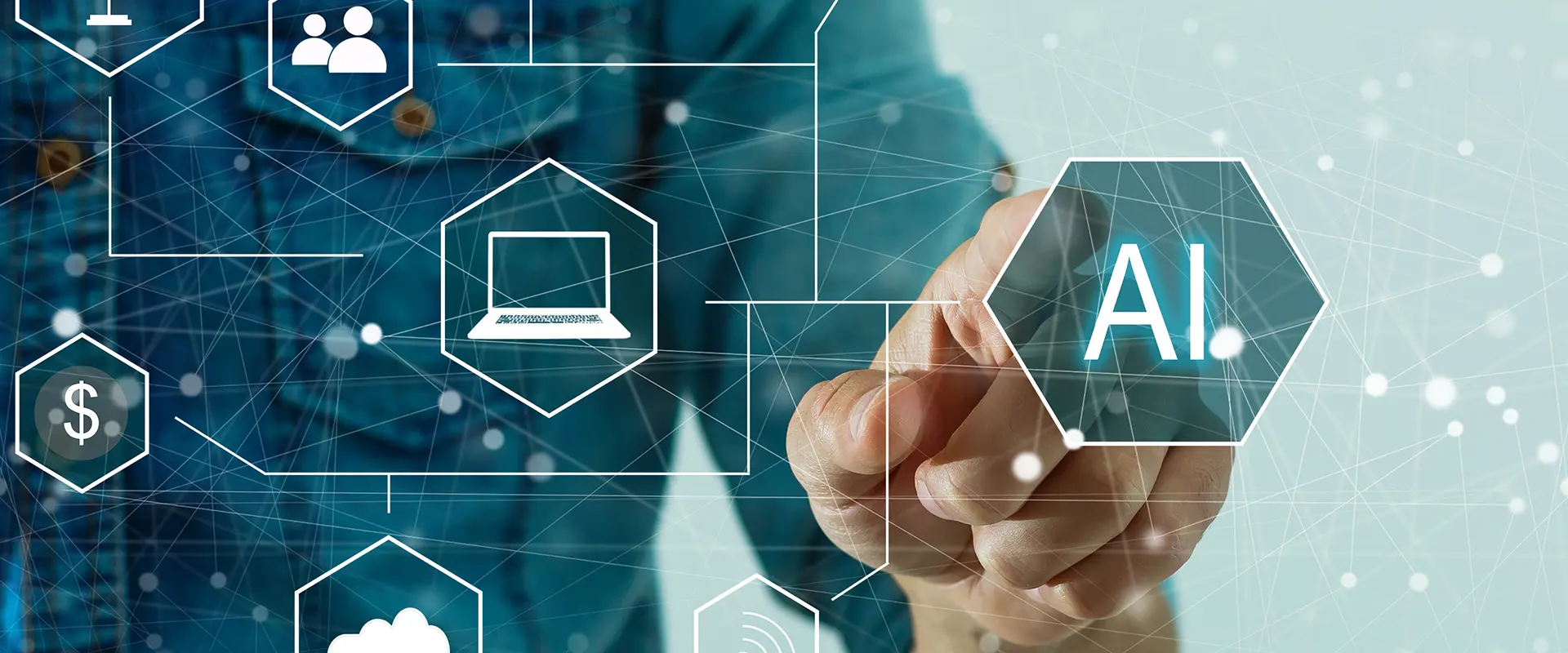
Giving Voice - Alum uses neural voice technology to do good
Artificial and business intelligence weren’t cornerstones of management education when Charles Elwood completed his graduate studies at Purdue’s Mitchell E. Daniels, Jr. School of Business in 2005, but that hasn’t stopped him from forging a career in the emerging fields — or from giving voice to those without one.
Elwood graduated from Rose-Hulman Institute of Technology in 2002 with a degree in electrical engineering and then did a stint with a company that took him to Thailand. “My employer had opened a plant there and I went over to help with the project,” he says. “I quickly realized my engineering training didn’t really prepare me to run an international operation.”
After returning to the U.S., Elwood decided to fill his skills gap with a business degree from Purdue. Initially planning to pursue an MBA, he switched to the MS in Industrial Administration (MSIA) program because it was more suited to his technical background. “In engineering, things are black and white — the same equation always produces the same result,” Elwood says. “Things are fuzzier in business, so I had to adapt.”
Elwood says the program’s cohort structure helped him make the adjustment. “It wasn't just all engineers,” he says. “Everybody came to the MSIA program from different backgrounds and countries, so there was a lot of diversity in thought and representation. I really enjoyed that aspect.”

After graduation, Elwood was introduced to data analytics as a systems engineer with Delphi Automotive and Safety. “We worked on a satellite radio system that gathered data in vehicles and mined that data for predictive analytics,” he says. “When I became the director of project management and saw how much data was flowing through the business, I started analyzing the data and adding value to the company. And then they made a position for me as a manager of business intelligence.”
Elwood went on to similar roles as his career progressed, picking up promotions and new skill sets along the way. In 2019, he ventured out on his own by founding SolisMatica, which helps its clients make the most of Microsoft’s Power BI and Open AI platforms. Among his favorite projects has been cofounding a decentralized 3D printing network, 3Dc19.com, creating a PowerBI dashboard so that the printer operators and public could see where their parts were going. He also took part in a COVID wastewater initiative that analyzed data from genetic markers.
Another notable project is Elwood’s work with AI-driven custom neural voice technology. “It started when I was introduced to a group that was working with a girl in Puerto Rico who was non-verbal and had a lot of motion constraints,” he says. “I was able to run the AI model on a separate IOT device, train it to recognize signs and certain gestures, and generate speech from text.”
That led to a relationship with Chris Martin, a former DJ who had lost his voice to throat cancer. “You can train AI to speak back in a particular person’s voice, but I wasn’t sure it would work without enough voice samples,” Elwood says. “Fortunately, we were able to pull 70 samples from a recording he made for his family, and the rest came from a VHS tape someone found in their basement.”
Now, Martin is back on the air and sharing his voice with listeners. “That was his identity, his livelihood,” Elwood says. “It was everything to him. And to be able to bring him back to the radio station with his own voice was a magical moment.”
It’s exactly those types of outcomes that Elwood envisioned when he started his own business. “Entrepreneurship can be scary,” he says. “I think understanding your values of wanting to help make a positive impact in the world, of doing projects like what I did for Chris, will keep you going through the tough times.”

